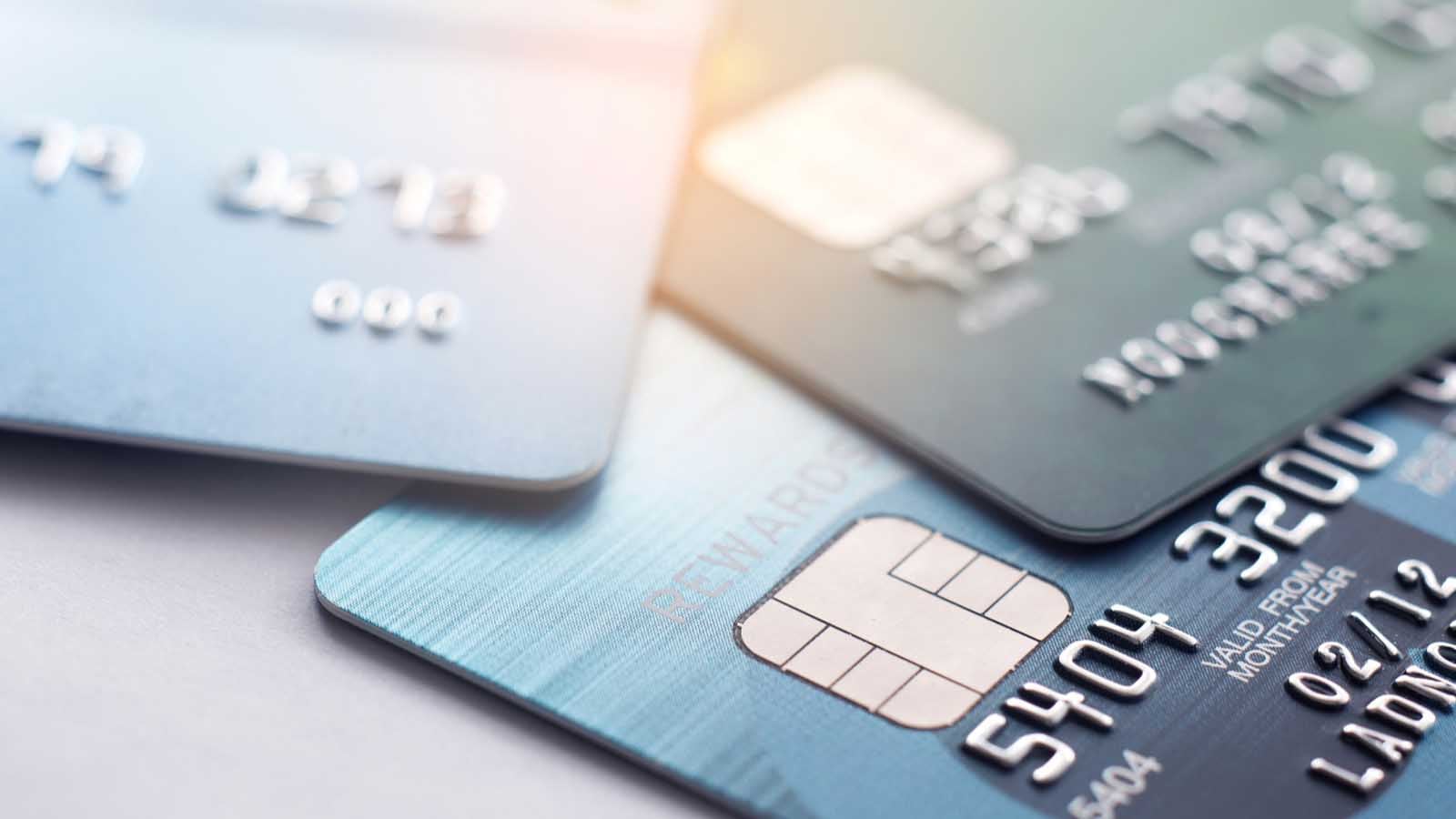
U.S. credit card debt surpassed $1 trillion for the first time ever in the second quarter of this year, according to the New York Federal Reserve’s Quarterly Report on Household Debt and Credit released this morning. Fears are stoked that this may be the first signal of an impending recession. What do you need to know about today’s ice-cold debt report?
Well, credit card balances increased by $45 billion in Q2 2023, from $986 billion to $1.03 trillion, the highest-ever level of recorded credit card debt. This was accompanied by a $16 billion uptick in total household debt to $17.06 trillion. Perhaps even more worrisome, 60% of those carrying active card balances have been in debt for a year or longer.
According to Sofia Baig, an Economist at Morning Consult, rising debt is a clear symptom of the Fed’s relentless rate-hiking campaign.
“As interest rates feed through from the federal funds rate to interest rates on mortgages and credit cards, that affects everyday consumers […] So with elevated interest rates, paying that debt becomes more expensive, and with consumers continuing to take on more debt, this combination will put more pressure on some households who have those tighter budgets.”
Additionally, many analysts believe credit card debt is only liable to continue rising over the next several months.
“Unfortunately, it’s only going to go up from here,” Matt Schulz, Chief Credit Analyst for LendingTree, told CNN. “What’s driving it is inflation, higher interest rates and just generally how expensive life is in 2023.”
Rising Credit Card Debt Raises Tensions Over ‘Credit Event’
Investors have been ringing the alarm over a looming “credit event” for some time now. Is this it?
Well, maybe.
Credit card debt represents one of the most expensive forms of borrowed cash. In fact, the average credit card annual percentage rates (APR) hit a high of 20.53% last week. This means that failure to pay off credit card debt yields an increasingly costly penalty. Should a large number of card holders fail to pay down their credit spending, the risk of wider financial deterioration increases dramatically. It’s the fear of widespread default that has fueled speculation of an impending credit event.
A credit event refers to an unexpected credit crunch that plunges a large number of Americans into default, bankruptcy or debt restructuring. According to a March Bank of America survey, 31% of 212 polled fund managers chose a “systemic credit crunch as the biggest threat to markets.”
Rising Delinquencies Show Households Under Duress
Even delinquencies are starting to reflect the effects of a tighter financial environment. If you recall, delinquencies have been historically low since the start of the pandemic and remain notably subdued, but things are changing, albeit slightly. Serious delinquencies increased from 0.84% in Q2 2022 to 1.16% in Q2 2023, largely pushed up by late credit card and auto loan payments.
“American consumers have so far withstood the economic difficulties of the pandemic and post-pandemic periods with resilience,” New York Fed researchers wrote. “However, rising balances may present challenges for some borrowers, and the resumption of student loan payments this fall may add additional financial strain for many student loan borrowers.”
With interest rates hitting their highest level in decades, clearly consumers’ budgets are being tested. Earlier today, Bank of America reported that some Americans are even dipping into their 401(k) accounts to pay bills. In fact, the number of individuals who made at least one hardship withdrawal increased 36% from Q2 2022.
Today’s report confirms that some of the country’s economic strength is clearly off the back of Americans’ financial well-being. Indeed, economists have long speculated that seemingly resilient consumer spending is really a product of excessive credit spending. Increasing delinquencies and record levels of credit card debt are fueling notions that this year’s economic bull run may be coming to a prompt close.
On the date of publication, Shrey Dua did not hold (either directly or indirectly) any positions in the securities mentioned in this article. The opinions expressed in this article are those of the writer, subject to the InvestorPlace.com Publishing Guidelines.




